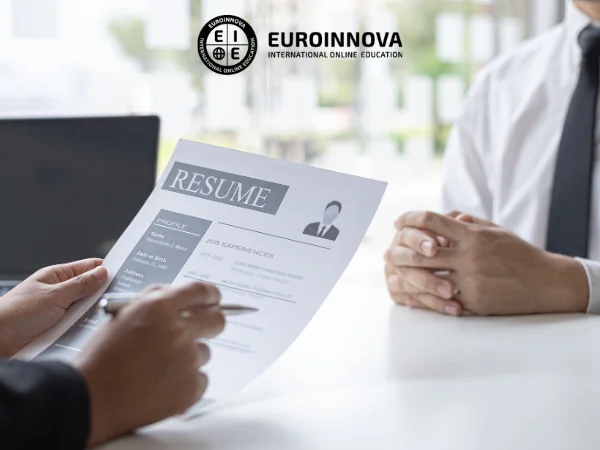Índice
Are you applying for jobs and are you worried about the timing of the interviews? Do you work in the human resources department and have questions about what to ask candidates? In either case, this post interests you. And we are going to talk about interview questions by competencies.
If you have ever gone through a job interview, you probably faced the typical questions about previous studies or professional experience. Well, competency interviews go a step further and use a structured approach to evaluate your skills and behaviours in specific situations.

First of all, it is important to know that competencies are characteristics, knowledge or skills that are useful in a specific job. For example, the ability to work in a team, problem solving or leadership are some of these competencies.
In a competency-based interview, also known as behavioural interviews, the recruiter usually asks questions designed to learn how the candidate has behaved in specific situations. The objective is, ultimately, for the candidate to explain concrete and real examples in which he or she has needed to put these skills into practice.
In this way, employers will be able to more effectively evaluate whether a candidate has the necessary skills and abilities for the position offered. In addition, it serves to create an equal question structure for all candidates, which makes the evaluation process more fair and objective.
Before moving on to the types of questions most used in a behavioural interview, it is important that you know what the interviewer expects of you. Generally, the questions are posed following the STAR model: Situation, Task, Action, and Result. When employers place you in a particular scenario and ask you to explain what you would do, they expect you to comment on the situation they pose, the tasks you take on, the actions to take to solve the dilemma, and the expected results.
Now, we share with you seven types of interview questions by competencies. Take note!
Adaptability questions, as the name suggests, seek to assess a candidate’s ability to adjust and be productive in changing environments. In this way, we try to find out how the candidate has faced situations in which flexibility or the ability to learn quickly was required.
Here are some examples of adaptability questions :
These questions are intended to gain insight into the candidate’s ability to collaborate and work effectively with others to achieve common goals, overcoming any differences. Some examples are:
Guiding questions allow the interviewer to evaluate the candidate’s ability to focus on customer needs, communicate effectively, solve problems, and work to ensure customer satisfaction. Questions such as:
These questions look for specific examples of how the candidate has identified opportunities, acted without needing direct supervision, and made important decisions on his or her own. To do this, they ask questions such as:
Leadership questions are designed to analyze the candidate’s ability to lead, motivate, and guide others toward achieving common goals. In this case, the questions could be similar to these:
In most jobs, good verbal communication skills are necessary to convey information, ideas and concepts effectively. Therefore, employers use these types of questions to learn about verbal communication skills:
Lastly, responsibility questions attempt to understand a candidate’s ability to take responsibility, make important decisions, and be accountable for their actions. Thus, questions such as the following are used:
Also you can read about the following topics:

¡Muchas gracias!
Hemos recibido correctamente tus datos. En breve nos pondremos en contacto contigo.